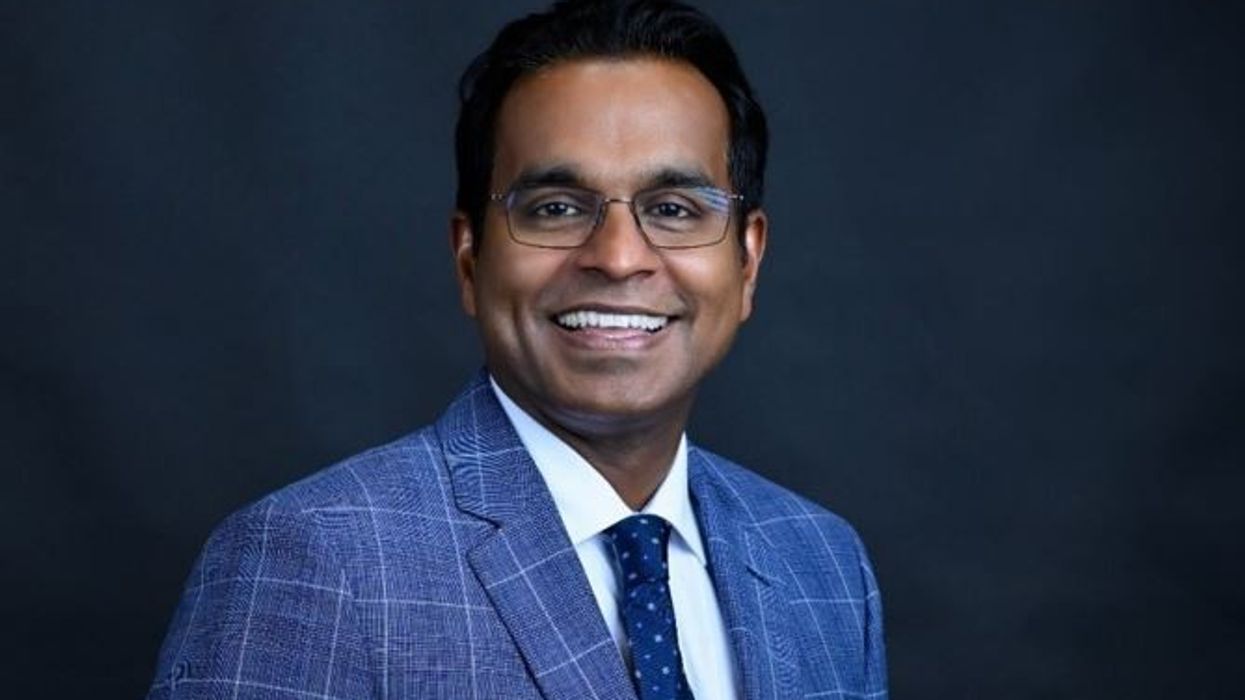VINAY MENON's journey from Kerala in southern India to the heart of Chelsea Football Club is a remarkable story of transformation and influence.
Menon, who initially knew little about football, found himself at the forefront of one of the Premier League’s most successful teams, thanks to a chance encounter that would not only change his life but also leave a lasting impact on Chelsea.
In 2009, Menon, a wellness expert inspired by his yogi grandfather, was providing wellness services at a luxury hotel in Dubai. It was there that he was introduced to Roman Abramovich, the Russian billionaire and then-owner of Chelsea, through Abramovich’s father-in-law.
Impressed by Menon’s approach, Abramovich invited him to London to work privately with his family. This initial connection soon evolved into something much larger when Abramovich decided to integrate Menon’s wellness philosophy into his football club.
"Roman asked for it to happen and it happened. I was an Indian, who was never exposed to football, entering a massive club and it seemed impossible," Menon told the BBC.
"There was a big barrier, but it was not an immovable rock because it came from the owner himself - he initiated that change so everyone was ready to try."
Menon’s introduction to Chelsea’s Cobham training ground marked the beginning of a chapter in both his career and the club’s history. As the Premier League’s first wellness coach, Menon brought a fresh perspective to the team, focusing on mental well-being, meditation, and emotional balance.
His methods, though unconventional in the high-stakes world of football, gradually found acceptance among the players. Didier Drogba, one of Chelsea’s star strikers, was among the first to embrace Menon’s techniques, which led to a broader acceptance within the squad.
"Didier was the initial one – Chelsea is like one big family and we just sat and ate in the canteen with the players and so we started a conversation organically while eating. He asked what I can do for him, and I told him we can try this, and he asked me to try right away. That was the moment where football opened in front of me," Menon described the experience.
"After that Joe Cole, Frank Lampard, John Terry began coming to me to try it. The medical department were fantastic and made me part of their team, despite being from a different discipline."
Over the next 13 years, Menon became a fixture at Chelsea, working under multiple managers and contributing to the club’s numerous triumphs, including their Champions League victory in 2021.
His role was not limited to physical fitness but extended to nurturing the players’ mental resilience, a crucial aspect of performing at the highest level in professional sports.
Menon’s influence wasn’t just confined to Chelsea. In 2022, he took his expertise to the international stage, joining Roberto Martinez’s staff for the Belgium national team at the World Cup.
This move not only expanded his horizons but also brought attention to his home country, India, where football has yet to reach its full potential. Menon sees his journey as a beacon for aspiring young Indians, demonstrating that there is a place for them in the global football arena, even if not on the pitch.
Menon thinks that for his home country to make a mark on the international football stage, both the infrastructure and the prevailing mindset must undergo significant changes.
"We are a country of 1.4bn people and the main problem is filtration. We need a minimum 100 grassroots level clubs to filter this. It is about structuring the grassroots level and schools. If you systemise it, we will have a team," he was quoted as saying.
“At the last World Cup, many Indians were in Qatar and followed Messi and Ronaldo's journey. But we need a cultural change. Sports are important for the future, mental wellness, health, economy as well. I have had these conversations before in India and if my country needs me, I will always be there. I am sure sooner or later we will be at the World Cup."
Despite the changes at Chelsea following Abramovich’s departure in 2022, Menon remains optimistic about the club’s future under new ownership.





